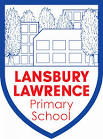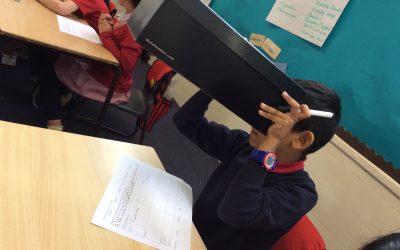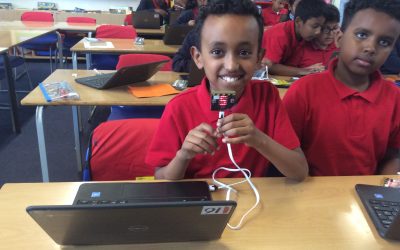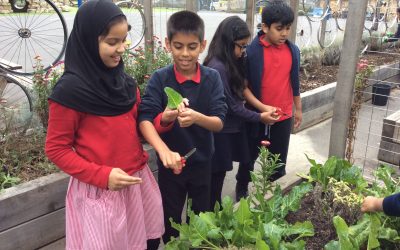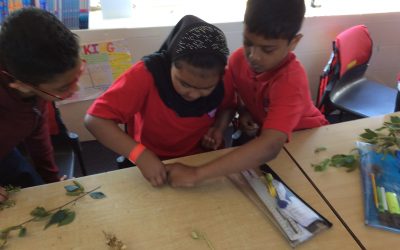Remember to look up at the stars and not down at your feet.
A high-quality science education provides the foundations for understanding the world through the specific disciplines of biology, chemistry and physics. Science has changed our lives and is vital to the world’s future prosperity, and all pupils should be taught essential aspects of the knowledge, methods, processes and uses of science. Through building up a body of key foundational knowledge and concepts, pupils should be encouraged to recognise the power of rational explanation and develop a sense of excitement and curiosity about natural phenomena. They should be encouraged to understand how science can be used to explain what is occurring, predict how things will behave, and analyse causes. National Curriculum for Science, purpose of study
Family Science experiments
Thank you to parents and children who have been sending in their amazing photographs of the Family Science experiments! These look phenomenal! I hope it is helping children learn more about the science around them (especially in their homes) and you are enjoying the...
Light and Dark.
Today, Hepworth class did an exciting experiment to find out if we can see when there is no light. We had various boxes that contained different objects, some shiny, some bright, some dull. We predicted which objects would be the most difficult to see when there was a...
Coding Club: Our first session
Last week, the new coding club members met together for the first time. The excitement was palpable, as students were eager to get started on their first project. Using the Chromebooks, we logged on together and browsed to the Code Club website to learn about...
Family Science: Egg Bouncing Ball
Super Science Club!
This week was the first science club of the year and it got off to an exciting start! We made lava lamps, just like the ones Ms Begum made in assembly! They looked amazing and were so fun to make! First, we wrote down some 'I wonders...' to get us thinking about what...
Kahlo class learn to harvest in the Edible Garden.
Today we were working with Joe, our school gardener; we learnt how to water plants and pick the purple and green, long and bumpy beans. We enjoyed watering and we saw the most beautiful flowers ever! We saw grapes and some children ate them; they were amazingly...
We’re going on a plant hunt…
Today 3A and 3B went to the nature garden and The Edible Playground and we were looking at the plant life cycle. We were split into different groups and our class was looking at different stages of growth. The groups were: germination, buds and flowers, pollination,...
Seeds of knowledge
Year 3 became seed scientists today during our lesson on seed dispersal. First, we identified the different ways plants dispersed their seeds. We cam up with: Animals, Water, Wind and Explosions! Once we had decided the categories, we investigated a wide variety of...
Joining the fight for clean air in Tower Hamlets
This year, our school has joined a number of initiative to encourage our children to learn about air quality in London. In year 5, we have had air quality workshops - learning about how pollution moves with the wind and can become trapped, learnt about the cleanest...
Blasting into SPACE at the Science Museum
Last Wednesday, Year 5 set off on a journey to the museums of South Kensington. Loaded with our packed lunches and first aid kits, our mission was to explore the space exhibit at the science museum, experience HUBBLE 3D, an IMAX movie set in space, on one of the...

